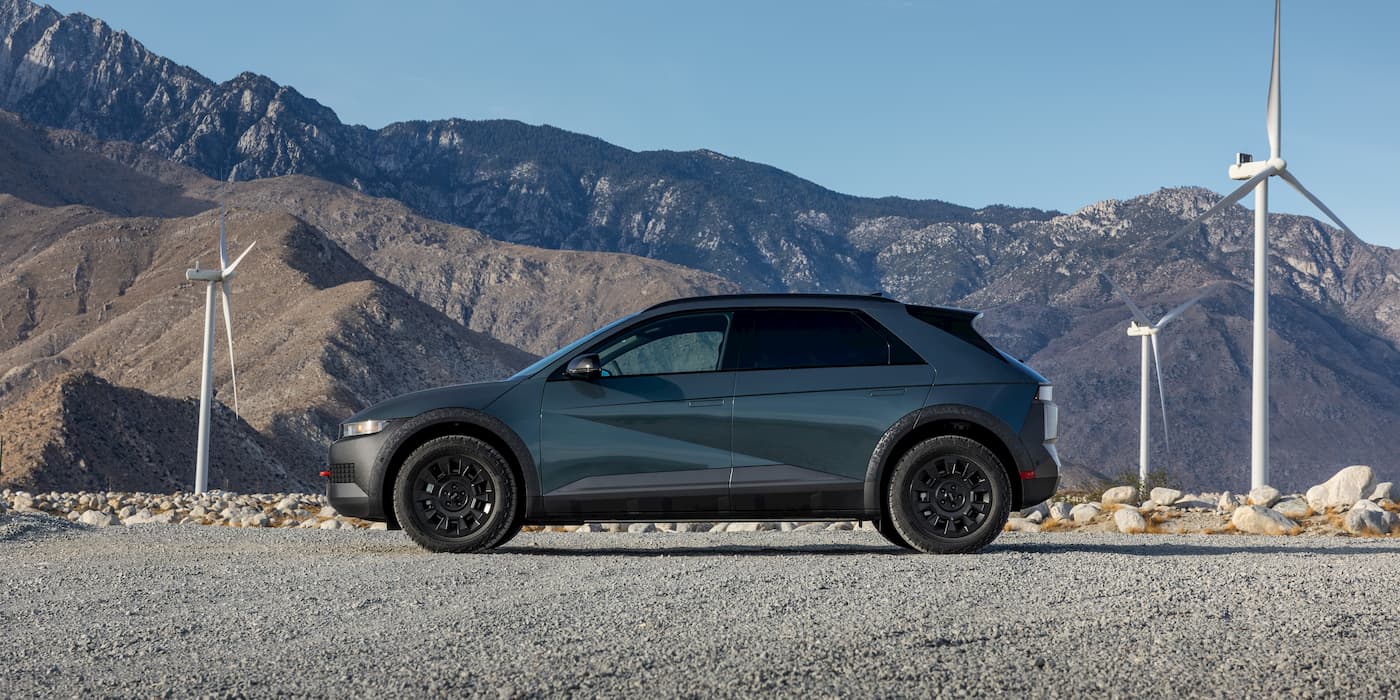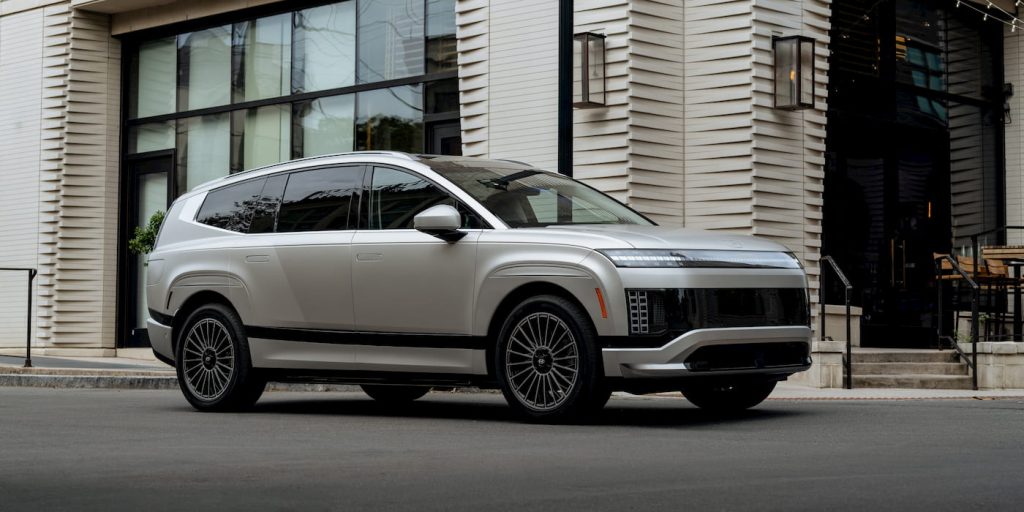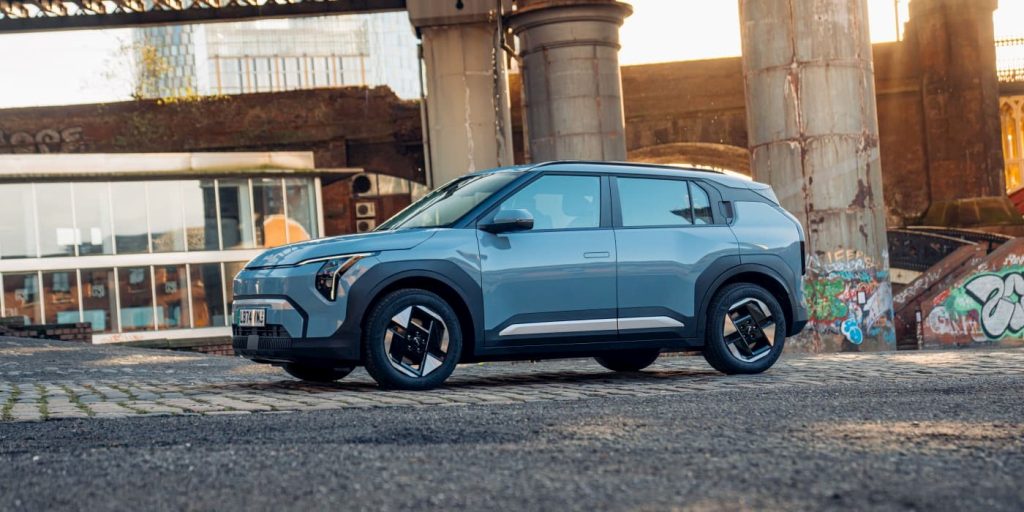
Hyundai saw the storm coming and has been preparing for an industry upheaval. With a stockpile of rare EV minerals, Hyundai claims it has “far more wiggle room” as the industry braces for supply chain disruptions stemming from China’s new export restrictions.
Hyundai has been stockpiling rare EV minerals
After several automakers, including Ford and BMW, have already been impacted by China’s export restrictions, Hyundai says it’s in a better position to weather the storm.
Hyundai Motor Group, which includes Kia and Genesis, has reportedly been stockpiling rare earth minerals needed to build electric and hybrid vehicles.
During a private investor call, a Hyundai official said the company had been stockpiling rare earth minerals from China while export restrictions were still slightly relaxed.
According to a source who was on the call (via Reuters), Hyundai stated that it has “far more wiggle room” than most rivals regarding the supply chain disruptions. The company informed investors during the call that these efforts helped improve its supply chain.
Hyundai said it expects to be able to produce hybrid and electric vehicles “for at least about one year,” the source claimed, who wished to remain anonymous because the call was private.

Although no other details were offered, Hyundai said in a statement to Reuters, “We continuously evaluate market conditions to ensure operational stability and maintain a diversified global supply chain.” The Korean automaker added that “As part of our standard business practices, we maintain appropriate inventory levels to support uninterrupted production.”

Since China dominates the market, accounting for about 90% of the world’s rare earth minerals, Hyundai was once again ahead of the pack.
In the US, its biggest market, Hyundai is facing higher import costs thanks to Trump’s auto tariffs. With production ramping up at its new EV plant in Georgia and 18 suppliers joining it, Hyundai is one step ahead of the competition.
Electrek’s Take
Hyundai Motor and Kia announced plans in 2023 to become one of the top three EV manufacturers by 2030, through a nearly $18 billion (KRW 24 trillion) investment aimed at scaling up production and exports.
To do so, the Korean auto giant will need to secure a stable supply of minerals, which it has apparently already been stockpiling.
Hyundai is diversifying its supply chain while expanding local production in its biggest markets. With the new EVs rolling out across nearly every segment, including entry-level (Kia EV3, Hyundai Inster), sedans (Kia EV4), compact/midsize (IONIQ 5, Kia EV5), three-row (Hyundai IONIQ 9, Kia EV9), and luxury (Genesis EVs), Hyundai is laying the groundwork for more growth to come.
Can Hyundai, including its Kia and Genesis brands, become a top-three EV maker by 2030? Let us know your thoughts in the comments.
FTC: We use income earning auto affiliate links. More.







![Not enough: Corvette concept falls 1,000 hp short of Chinese hypercar hype [video]](https://i0.wp.com/electrek.co/wp-content/uploads/sites/3/2025/08/not-enough.jpg?resize=1200,628&quality=82&strip=all&ssl=1)




